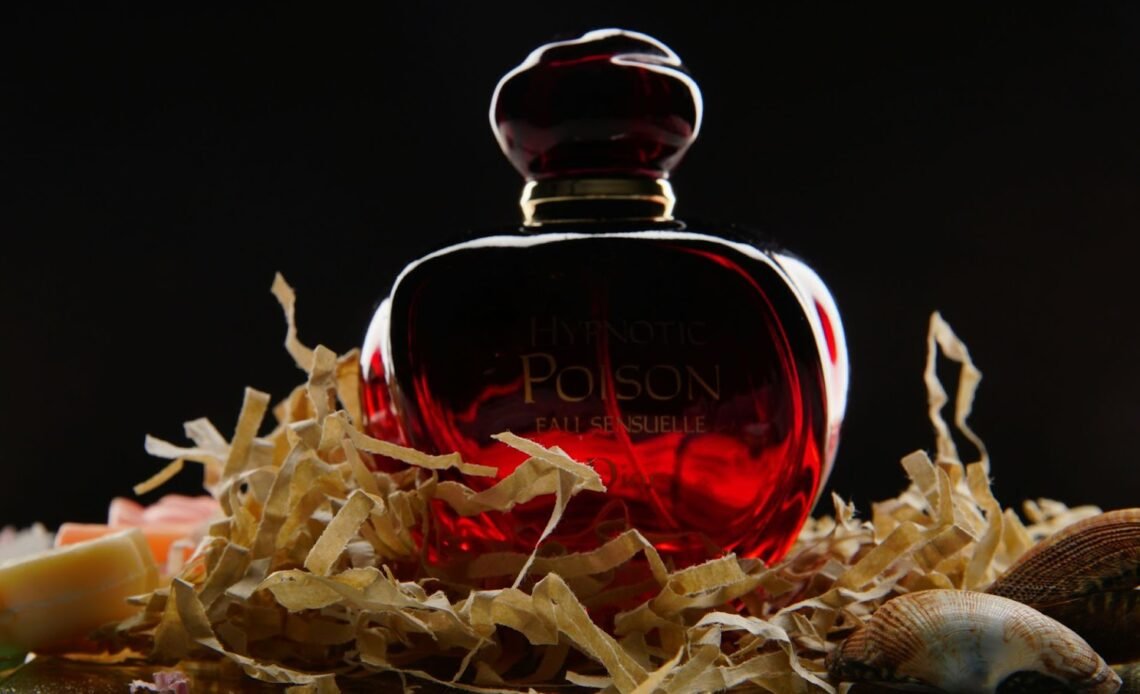The word “parfû,” which conjures images of refinement and elegance, refers to much more than just a scent. This page gives a thorough introduction to parfû, including information on its types, composition, history, advantages, and commonly asked questions. One can genuinely appreciate parfû’s significance in culture and daily life by comprehending its subtleties.
Overview of Parfû
Perfume, sometimes referred to as parfû, usually derives from aroma compounds and essential oils. People apply it to their bodies, environments, or items to give them a pleasing aroma. Beyond its main purpose, parfû represents elegance, custom, and individuality.
Parfû’s past
The history of parfû can be found in prehistoric times. For example, Egyptian burial rites, personal grooming, and religious ceremonies all involved the use of perfumes. In a similar vein, the Greeks and Romans created their own aromatic mixtures using regional spices and herbs.
Europe saw a great flourishing of the perfume industry throughout the Renaissance. The first perfume factories were built at this time, and aromas that are still beloved today were created. Over the course of ages, parfû changed from being a status and luxury symbol to a widely available item.
Different Parfû Types
Parfû is classifiable according to its concentration and aroma profile:
Eau de Parfum (EDP)
A aroma that lingers longer thanks to a higher concentration of fragrance oils.
Eau de Toilette (EDT)
Suitable for daily usage because to its lighter concentration.
Even lighter concentration, Eau de Cologne (EDC) is frequently used as a cool-down splash.
The most intense kind, parfum (extrait) has a deep, long-lasting scent.
Parfû’s composition
To make parfû, you need to mix together a variety of ingredients, which are often divided into three categories:
Top Notes
The scent’s first impression, which passes rapidly. Light fruits, herbs, and citrus are common top notes.
Middle Notes
Sometimes referred to as heart notes, they appear after the top notes fade. Together with notes of flowers, spices, and greens, these make up the fragrance’s center.
Base Notes
The last, durable imprint. Woods, musks, and resins are common base notes that add depth and lingering power.
Advantages of Parfû:Beyond only having a nice smell, Parfû has other advantages
Improves Mood Fragrances have the power to uplift the spirit, inspire optimism, and increase self-esteem.
Personal Expression
Scent selection is a subdued way for people to exhibit their unique personalities and styles.
Therapeutic Effects
Some smells are energizing or relaxing, which improves general wellbeing.
Cultural Significance: Its involvement in numerous cultural ceremonies and customs highlights the significance of parfû in social behaviors.
Choosing the Proper Parfû:Understanding one’s preferences and the occasion is essential to selecting the ideal parfû
Recognize Your Preferences
Find fragrances that speak to you. Try a variety of scents to see which ones make you feel good.
Examine the Situation
Richer, more potent fragrances are appropriate for evening or formal celebrations, while lighter, fresher aromas are perfect for informal or daytime gatherings.
Seasonal Fragrances
Certain scents are more suited for particular times of year. Warm, spicy notes are better suited for fall and winter, while light, flowery aromas are more appropriate for spring and summer.
Maintaining Parfû:Maintaining the quality and endurance of parfû requires proper storage
Steer clear of direct sunlight
To stop parfû from deteriorating, store it somewhere cold and dark.
Avoid Heat
Heat can change a fragrance’s composition and reduce its quality.
properly Sealed
To prevent contamination and evaporation, make sure the bottle is properly sealed.
The Technique of Using Parfû:Correct application of parfû can increase its impact and longevity
Apply parfû on the wrists, neck, and area behind the ears, which are known as pulse points. The heat from these places aids in the fragrance’s diffusion.
Don’t Rub
Rubbing perfume into your skin might break down the chemicals that give it its scent and make it less strong.
Layering
For a long-lasting impression, use shower gels and body lotions with complementing scents.
FAQs Regarding Parfû
What distinguishes Eau de Toilette from Eau de Parfum?
Compared to Eau de Toilette, Eau de Parfum has a larger concentration of fragrance oils, which prolongs its wear.
How should my parfû be kept?
Securely close the bottle and store it in a cold, dark place, away from heat sources and direct sunlight.
Why do different people smell various perfumes on the same person?
Different people’s body chemistry, skin types, and pH levels can affect how a scent smells on them.
Can a parfû run out?
Indeed, It can deteriorate with time, particularly if improperly stored. Most fragrances expire after three to five years.
How should I pick a parfû to give as a gift?
Take into account the recipient’s lifestyle, tastes, and personality. If in doubt, go for popular, adaptable smells.
What notes are in the top, middle, and base ranges?
The scent of a fragrance is first produced by its top notes, its core by its middle notes, and its enduring impact by its base notes.
Conclusion
With its extensive history and range of uses, It is still a vital component of human culture and personal hygiene. Gaining knowledge about its ingredients, advantages, and appropriate use can improve one’s appreciation and experience with this classic piece of clothing. When you delve into the realm of parfû, don’t forget to select fragrances that complement your individuality and infuse happiness into your everyday existence.


